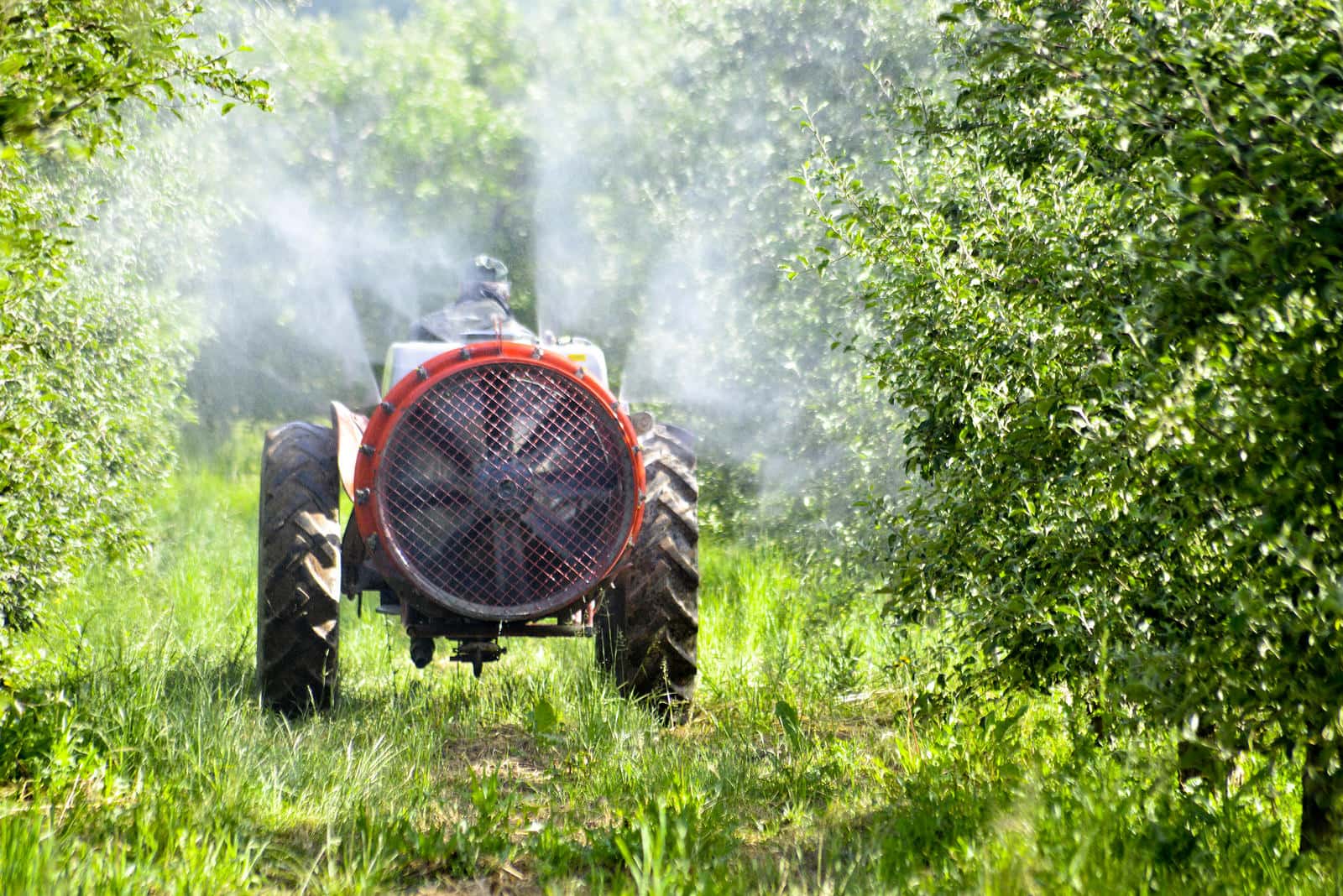
Insecticides are designed to be bad for bugs, but are they also bad for humans? Often, people assume that if insecticides applied to their homes don’t make them sick right away, they are safe. However, a new study calls that into question. People with high levels of common pest control chemicals known as pyrethroids were more likely to die over the decade (JAMA Internal Medicine, online Dec. 30, 2019).
Studying Exposure to Insecticides:
The scientists used data collected at the turn of the 21st century from participants in the National Health and Examination Survey (NHANES, 1999-2002). In addition to answering comprehensive questionnaires, the volunteers provided urine samples. The researchers analyzed these for evidence of 3-phenoxybenzoic acid (3-PBA), a metabolite of pyrethroids. They also collected mortality data on these adults through the end of 2015.
What they found is somewhat alarming. People with the highest levels of 3-PBA in their urine were more likely to die during the follow-up period. Although the investigators found no association with death from any form of cancer, participants with the highest urinary levels of 3-PBA were three times more likely to die of heart disease.
Why This Study Matters:
In an editorial that accompanies the report, public health experts Stellman and Stellman point out why this is troubling (JAMA Internal Medicine, online Dec. 30, 2019). Pyrethroid pesticides are very widely used around the world as well as in the US. Public health programs rely on this family of chemicals to control dangerous disease-bearing insects such as mosquitoes carrying West Nile virus or dengue. Experts have assumed that these pyrethroids are safe for humans. Previous research hinted that pyrethroids may disrupt hormones and puberty. This evidence that insecticides could harm cardiovascular health means that researchers need to examine this problem more closely.
What Should You Do?
In the meantime, you might wish to avoid such insecticides when possible. For most people, eating vegetables and fruits that were sprayed with pyrethroids provides the greatest exposure. People who do agricultural work and those who use pyrethroids in their gardens or homes expose themselves to additional risks.
This study established a correlation, and we need to remember that correlation is not causation. Still, concerned individuals could minimize their use of insecticides in their homes and gardens. To limit pyrethroid exposure, they might avoid the EWG “Dirty Dozen” and eat organically grown alternatives when possible. This could be prudent until we have more information on the exact nature of the link between these compounds and cardiovascular health.
Citations
- Bao W et al, "Association between exposure to pyrethroid insecticides and risk of all-cause and cause-specific mortality in the general US adult population." JAMA Internal Medicine, online Dec. 30, 2019. doi:10.1001/jamainternmed.2019.6019
- Stellman SD et al, "Pyrethroid insecticides—Time for a closer look." JAMA Internal Medicine, online Dec. 30, 2019. doi:https://doi.org/10.1001/jamainternmed.2019.6093

